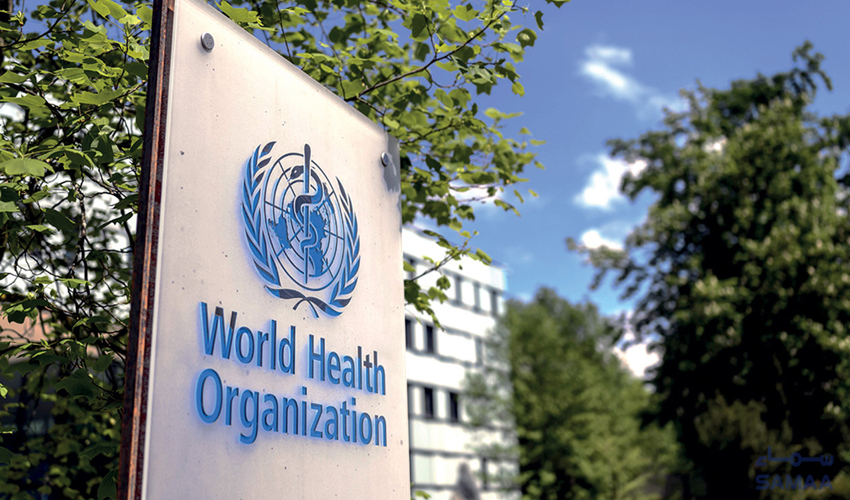Islamabad, Apr 14, 2025: In a recent development, the World Health Organization (WHO) has decided to prolong international travel limitations on Pakistan for another three months due to ongoing concerns about poliovirus transmission.
This decision was made during the 41st session of the WHO Emergency Committee, which convened virtually on March 6.
Health representatives from countries still battling polio, including Pakistan, participated in the session via video link.
The committee assessed the worldwide status of polio eradication, with a specific focus on Pakistan’s efforts.
Despite progress in national vaccination drives, the panel concluded that Pakistan, alongside Afghanistan, continues to pose a significant obstacle to the global elimination of polio.
Although WHO acknowledged Pakistan’s commitment and progress in running large-scale immunization drives, it highlighted persistent gaps in execution, particularly at provincial and local government levels.
A major point of concern was the sharp rise in environmental samples testing positive for the poliovirus. Compared to the previous year, 2024 has witnessed a dramatic increase, with over 628 such cases already detected nationwide.
Alarmingly, new regions have reported the presence of wild poliovirus, expanding the virus’s reach.
The sustained transmission of the YB3A4A B-cluster of wild poliovirus remains especially troubling in provinces like Khyber Pakhtunkhwa, Sindh, and Balochistan.
Read More: PIA to Start Direct Lahore-Baku Flights from April 20
Cities such as Karachi, Quetta, and Peshawar have emerged as focal points for the virus, raising fresh concerns among global health experts.
According to the WHO, Pakistan and Afghanistan now mainly restrict the virus, underscoring the urgent need for intensified preventive measures.
The agency expressed unease over the country’s immunization framework, especially as the virus continues to spread during the low-transmission season—indicating a potential spike in the coming months.
The committee emphasized that displaced populations and refugee movements are further complicating the containment efforts.
To address this, it urged stronger polio control operations at Pakistan-Afghanistan border crossings and called for enhanced joint vaccination drives.
Officials deemed strengthened collaboration between the two nations vital to stopping the virus’s cross-border movement.
Coordinated immunization efforts, particularly in vulnerable border areas, are essential for halting the spread and protecting global public health.









